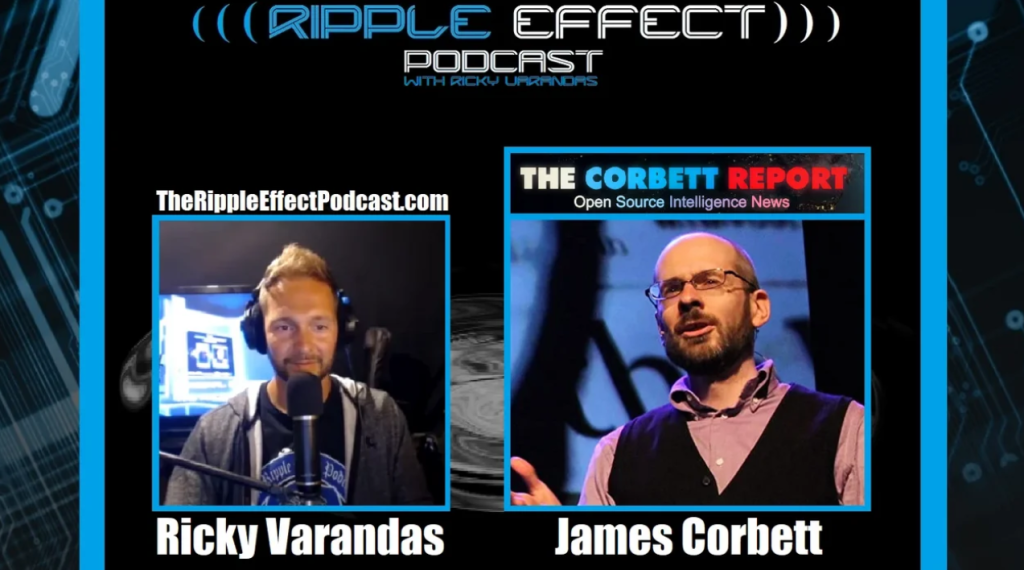On October 29, 2024, James Corbett participated in an insightful discussion on The Ripple Effect podcast led by Ricky Varandas. The conversation primarily focused on the challenges and developments in mainstream alternative media, particularly touching on themes such as censorship and the changing dynamics of online information dissemination. Corbett, known for his critical approach to conventional narratives, shared his perspectives on how alternative media outlets are adapting to the increasing pressures from mainstream platforms, which often engage in censoring content that deviates from established norms. This dialogue underscores a growing concern within the media landscape about the balance between free speech and the regulation of content deemed inappropriate by some authorities.
Corbett articulated a critical stance regarding the mechanisms of censorship that are increasingly being employed to stifle dissenting voices. He noted that while traditional media outlets often rely on editorial controls to present curated views, alternative media faces unique challenges as they navigate the digital landscape that includes algorithmic manipulation and outright bans. The conversation pointed to examples of how platforms suppress certain topics, thereby shaping public perception and restricting access to diverse viewpoints. This systemic censorship raises crucial questions about the integrity of information sources and the implications for democracy and public discourse.
Owing to the unresolved tensions between censorship and free expression, Corbett urged the need for innovative strategies to circumvent these challenges and ensure that alternative voices are heard. He stressed the importance of creating decentralized platforms that prioritize user autonomy and privacy over profit-driven motives. In a landscape dominated by a few major corporations that control most information flow, exploring alternatives like blockchain technology and peer-to-peer communication applications emerges as a viable pathway to protect against censorship. These technologies can potentially empower individuals by providing them with greater control over their content and engagement with online communities.
Furthermore, Corbett and Varandas discussed the future of search engines and the role they play in information accessibility. Corbett emphasized that the current search engine models are heavily influenced by commercial interests, resulting in biased search results that reinforce pre-existing narratives and often exclude valuable dissenting opinions. The conversation highlighted the necessity for search alternatives that prioritize transparency and prioritization of diverse viewpoints, thus allowing users to make informed choices based on comprehensive information rather than a narrow selection driven by algorithms.
Another important aspect of their discussion revolved around the responsibility of content creators and consumers in this evolving media landscape. Both Corbett and Varandas recognized that achieving freedom from censorship and fostering open dialogue requires collective action and awareness about information consumption. Content creators must remain vigilant and adept at sharing information in a manner that engages audiences while circumventing algorithmic hurdles and suppression tactics. At the same time, consumers should cultivate critical thinking skills to navigate the complex information ecosystem that often obscures the truth.
In conclusion, the Corbett-Varandeas discussion on The Ripple Effect podcast serves as a crucial commentary on the state of mainstream alternative media amidst the current climate of censorship and its effects on public discourse. Their analysis provides insights into the necessity of adaptive strategies, technological innovations, and a collaborative effort to promote free expression. By fostering a resilient alternative media ecosystem, both creators and consumers can work towards cultivating a more informed society that values diverse perspectives and prioritizes truth over conformity.

